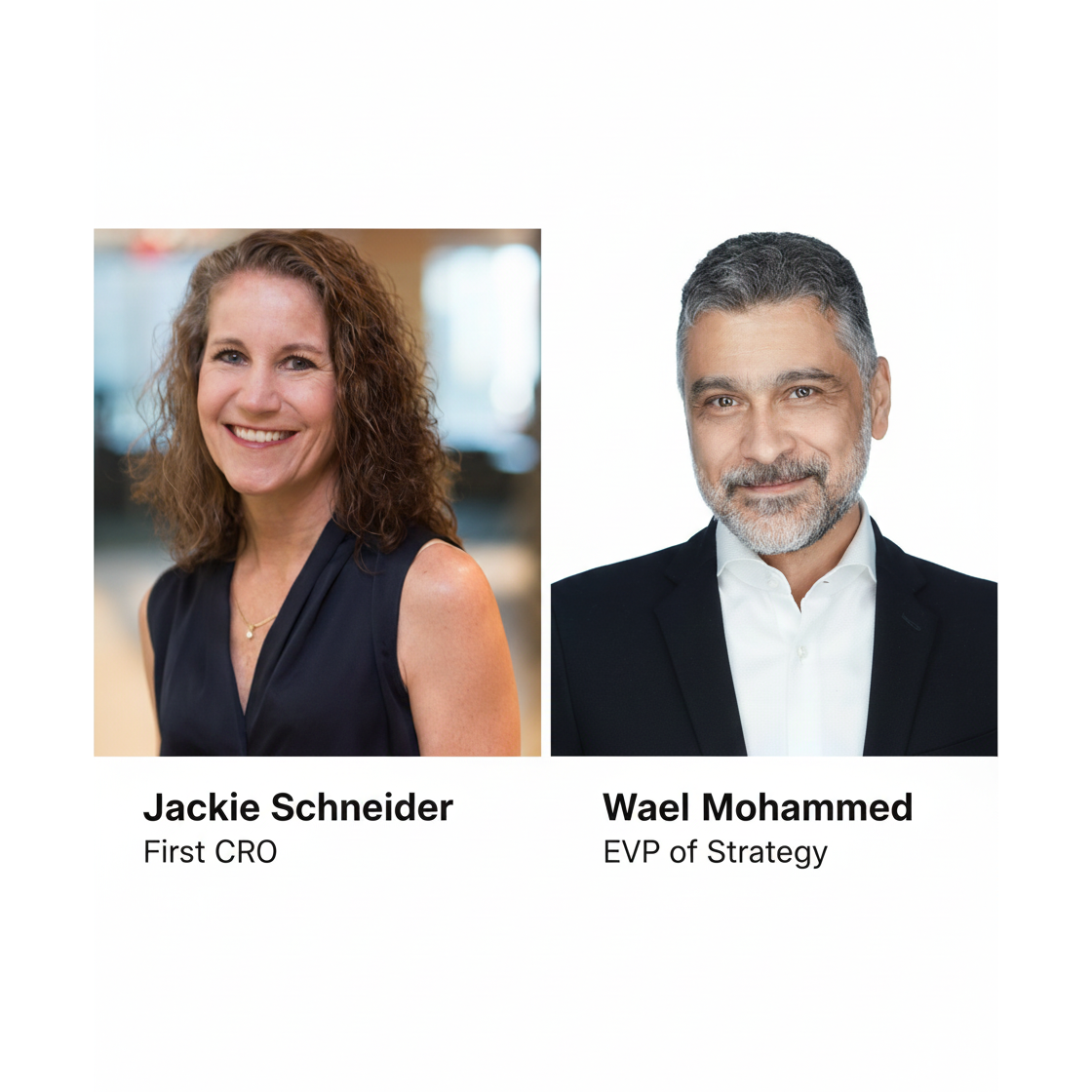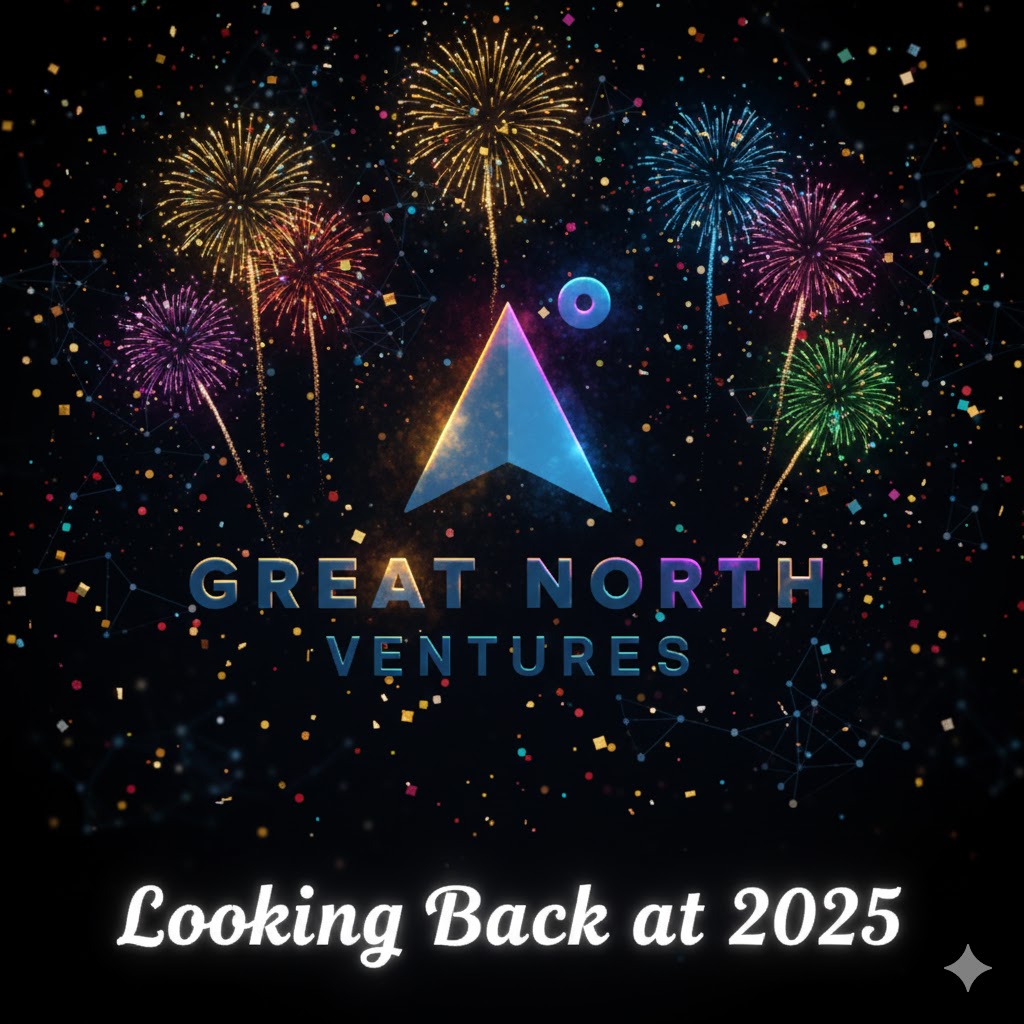During the height of the pandemic, national IT deployment firm Worldlink saw demand for retail tech upgrades spike while it worked through labor shortages and supply-chain challenges. Like many service providers facing similar pressures, the company turned to outside support to close the gaps. One key partner was Field Nation, a software platform that connects companies with independent technicians.
“Our product is feet on the street,” said John Fecteau, CEO of Worldlink Integration Group. “What sets us apart is how we manage those feet on the street. We run all of our work orders through the Field Nation platform, whether we use contractors or marketplace technicians.”
Worldlink has used Field Nation’s platform since 2009. Over time, Field Nation’s tools and programs, including its Certified Partner Program, became central to how the firm sources technicians, coordinates projects and tracks work across thousands of sites.
The partnership has delivered measurable gains, including capacity to support 78% annual growth in work-order volume, a 40% reduction in full-time staff and more than an 80% drop in project coordination time.
Connecting qualified technicians to clients
To Mynul Khan, who founded Field Nation in 2008, the company filled a critical gap in the market, allowing businesses to quickly find vetted, skilled technicians across North America. He noticed inefficiencies in how companies sourced technical talent, with layers of middlemen adding unnecessary costs.
“One thing that became very clear is that for nationwide field service work, there was a lot of waste. Nationwide companies would go to a regional company, who went to a local company, and it turned into margin stacking with not a lot of value added,” said Khan.
At a time when most online platforms connected consumers to general labor, Khan saw an opening for a marketplace built for specialized technical work. Field Nation has since grown into North America’s largest field services platform, enabling more than a million on-site service jobs a year. The platform is more vertically focused in field service industries unlike general workplace platforms like TaskRabbit or Thumbtack. It’s designed for skilled, certified technicians: people who can repair ATMs, install network cabling, configure point-of-sale systems, and maintain data centers, not just perform generic tasks.
“All our work is skilled work,” Khan said. “It’s not just a LinkedIn profile saying I did this or that. We actually show this person has done the exact type of work the service provider has completed through the platform, and this is the rating and feedback they received.”
Fintech at the core of a labor marketplace
Worldlink’s gains weren’t just about logistics; they were the result of Field Nation’s underlying infrastructure.
The platform’s embedded fintech tools, including payments, compliance, insurance and tax form automation, allow companies to scale national operations with the efficiency and predictability of software. This combination of fintech and workforce management has made Field Nation a backbone of America’s on-demand IT economy. With more than 80,000 active service providers in its network, the company helps over 7,000 businesses complete more than 1 million work orders each year with a 98 percent success rate across 600,000 sites.
“It’s like Uber for field services,” Khan said, noting the platform’s ability to quickly match companies with technicians and ensure fast electronic payments, which is still a major point of friction in much of the contract labor market.
“From day one, we had the payment mechanism right through the platform,” he said. “We would collect the payment from the customer, and we’d pay the technician right through the platform.”
Financial operations such as 1099 contractor payments, insurance enrollment and tax form automation are built into each transaction. “In the absence of Field Nation, [companies] have to literally write thousands of checks and at the end of the year issue thousands of 1099s,” Khan said.
By automating these back-office processes, the platform lets companies scale on-demand workforces with the same predictability and control they have over full-time teams. Technicians get paid automatically within 24 hours of work completion, while Field Nation manages the compliance and risk details that keep projects moving.
“Without the payment, I couldn’t actually keep that entire work engagement on my platform,” Khan said. “It would be like a job board … I’d lose visibility into whether it was done right, whether they got paid, whether the client was happy.”
For client companies, Field Nation offers advanced analytics tools including Provider Success Score (a predictive quality algorithm), MarketSmart Insights (real-time pricing and coverage data), and integrations that sync with existing systems.
For many of Field Nation’s clients, the gains have been measurable. For example, Fujitsu North America used Field Nation to manage seasonal fluctuations in retail demand, cutting labor rates by 50% and saving $35,000 per technician and 15% per work order while improving service-level agreement compliance.
Meanwhile, BullsEye Telecom (now part of Lingo Telecom) consolidated 13 separate vendors into Field Nation’s platform in eight months.
“Using Field Nation, we’ve reduced our capital that we’d be spending working with these master service companies and improved quality and timeliness for our clients at the same time,” said Jim Bain, the company’s general manager of technology support services.
A long bootstrapped road to investor-ready scale
Khan launched Field Nation as global credit markets froze and venture capital dried up. The timing demanded a lean approach. He had just closed his previous startup after running out of cash and was determined not to repeat the mistake.
“Cash is the lifeblood, and if you run out of that, you’re dead,” Khan said.
Khan funded the company himself at first but soon saw he needed outside capital to scale its embedded payment infrastructure. He reached out to my brother Ryan and me, former classmates from St. Cloud State University, as we were making early-stage angel investments that later laid the groundwork for our venture firm, Great North Ventures.
We made an investment in 2009, providing capital at a crucial moment. Ryan Weber said the investment reflected an approach modeled on successful Silicon Valley angels: hands-on guidance paired with patient capital.
That early partnership offered more than capital. “They came from an operator background,” Khan said.
Our conversations focused less on investment mechanics and more on execution, including how to generate demand, build a sales pipeline and attract the right people. We also helped him recruit several of Field Nation’s first key hires in sales, marketing and product management. Having built and run our own companies, we could offer practical guidance during those early, formative years.
“They had already built businesses, so I could have real conversations with them about what makes a good head of sales or how to manage a pipeline,” Khan said. “It wasn’t theoretical — it was practical.”
Bringing in seasoned operators
Ryan and I helped connect Field Nation with senior commercial leaders who could strengthen the company’s go-to-market strategy. Jackie Schneider and Wael Mohammed were among those key hires; each played a critical role in scaling Field Nation’s offerings and refining its approach to customer acquisition and retention.
Jackie Schneider served as chief revenue officer during a critical stage of Field Nation’s growth. She had built a career leading high-performance sales and customer teams at companies like Proto Labs, Comm-Works, Concur and Hallmark Insights. Her first major task at Field Nation, she said, was to nail down the characteristics of the company’s core customers and focus the sales strategy on that target market.
“When I joined Field Nation, after assessing the sales channels, customer service, technical sales and marketing, I quickly identified that we were not aligned on our target customer profile,” she said. “Since I needed everyone to buy-in and agree to the profile of our targeted customer, I created a cross functional team from the aforementioned departments and requested they meet to agree on what it was we were selling, the value of our offering, and the profile of the buying customer.”
Meanwhile, Wael Mohammed stepped in to strengthen the company’s product and platform foundation. He joined through our network, bringing experience from NativeX, the company Ryan and I founded and built.
Mohammed, who is currently the company’s EVP of strategy, said he arrived with a belief in “data-driven execution,” noting that at NativeX he was “obsessively tracking the progress of released products and features.” At Field Nation, he pushed the company to adopt the same rigor, emphasizing close coordination between strategy, product and sales.
“Sales is your ally. Sales is your friend,” he said. “The key lesson is strategy, product, and sales must work together very closely to grow the company in a very tight feedback loop.”
He also pushed the company to focus on customer economics.
“Obsess over the customer value,” he said, making it standard practice to study customer P&Ls to see how Field Nation could improve their profitability. That discipline helped refine pricing, segmentation, and the structure of its enterprise offerings.
Patient capital, disciplined scaling
Khan took a conservative approach to spending the money. The frugality paid off when Field Nation landed its first organic customer in late 2008. The company signed up without any sales outreach and immediately posted 20 work orders across the country, each requiring coordinated technician dispatch and payment processing.
Those early months highlighted the value of self-reliance and discipline in building a sustainable business.
“I was a first-time entrepreneur, and I knew raising capital would be challenging so I didn’t spend any time trying to raise money. Instead I spend every minute focusing on building the business” Khan said. “So I did what I could, which was build the business on our own P&L. That meant focusing on getting paying customers as soon as possible and being really paranoid about what brings value to the customer.”
That disciplined approach soon paid off. “I waited six months, and there was nothing,” he said. “Then at the end of 2008, someone signed up, created 20 work orders, and found 20 technicians nationwide. That was the moment I knew I was on the right path.”
For the next seven years, Khan built slowly while competitors raised large venture rounds and scaled aggressively. By 2015, Field Nation had appeared multiple times on Inc. magazine’s list of fastest-growing companies and was processing more than $100 million in gross revenue annually with about 100 employees in North America and 60 in Bangladesh.
Khan and his CFO met with more than 70 venture firms who reached out after Field Nation was named the fastest growing company on the Inc. 500 multiple years before choosing Philadelphia-based Susquehanna Growth Equity for a 30 million dollar growth round.
“We wanted to find somebody who was genuinely passionate about the market we are in and the problem that we’re trying to solve, and be patient like we are,” Khan said. “A lot of my competitors raised a lot of money and they tried to scale quickly without figuring out the market maturity, and it wasn’t very successful.” Ryan and I sold our shares to Susquehanna as part of the transaction, completing an angel investment that helped Khan build the embedded finance infrastructure now processing hundreds of millions in annual transactions.
The pandemic proves the model
Khan had long predicted that enterprises, not just consumers, would fuel the next wave of gig economy growth. The pandemic proved him right.
“The next frontier is enterprises,” Khan said during the 2020 crisis. “They’re asking, how do we reduce capex and opex and shift to a variable model? This crisis is forcing a rethink. Companies are realizing they need more flexible labor.”
The retail surge that followed vindicated Khan’s patient approach. Companies like Worldlink demonstrated that Field Nation’s embedded finance infrastructure could handle dramatic scaling without compromising service quality.
For Khan, the path from a 20-work-order client in 2008 to processing millions of transactions a year validated his choice to prioritize financial infrastructure over fast growth. As the company scaled, he stepped back from day-to-day operations and focused on building systems and teams that could run on their own.
“When the company starts to scale, that’s a lot of management and leadership,” Khan said. “I used to be involved in every product or sales decision.” Now, he said, the job is designing an organization that can build the product or go to market.
For many companies, Field Nation now anchors how they deliver and manage work.
“At first, we partnered with Field Nation to access qualified technicians,” Fecteau said. “That relationship has evolved. Today it’s about efficiency: finding and deploying quality techs faster, more easily, and more profitably, while delivering services at a fair market price.”
Growing the platform’s reach
The company is moving into high-growth verticals such as audio-visual integration, data center maintenance, and nationwide break/fix support. Field Nation is also introducing a digital wallet for technicians, offering near-instant payouts and a debit card that lets users earn rewards for everyday purchases such as gas or hardware supplies. The effort shows Field Nation’s continuous evolution from a labor marketplace to a full-stack platform for technical services.
“Every day, we help people make a living doing work they’re proud of,” said Khan.
Field Nation has become a defining case study in capital-efficient, founder-led growth. Between 2009 and 2021, the firm’s early backing returned more than 30 times its original investment, showing how disciplined scaling and product-led execution can drive concrete results.
That success wasn’t just about capital. We supported the company’s evolution with workforce training initiatives, capital strategy, and executive hiring, along with forging strategic relationships, including an advisory role for former Samsung executive Young Sohn. The result was a company that scaled quietly but effectively into critical infrastructure for the modern field service economy.







